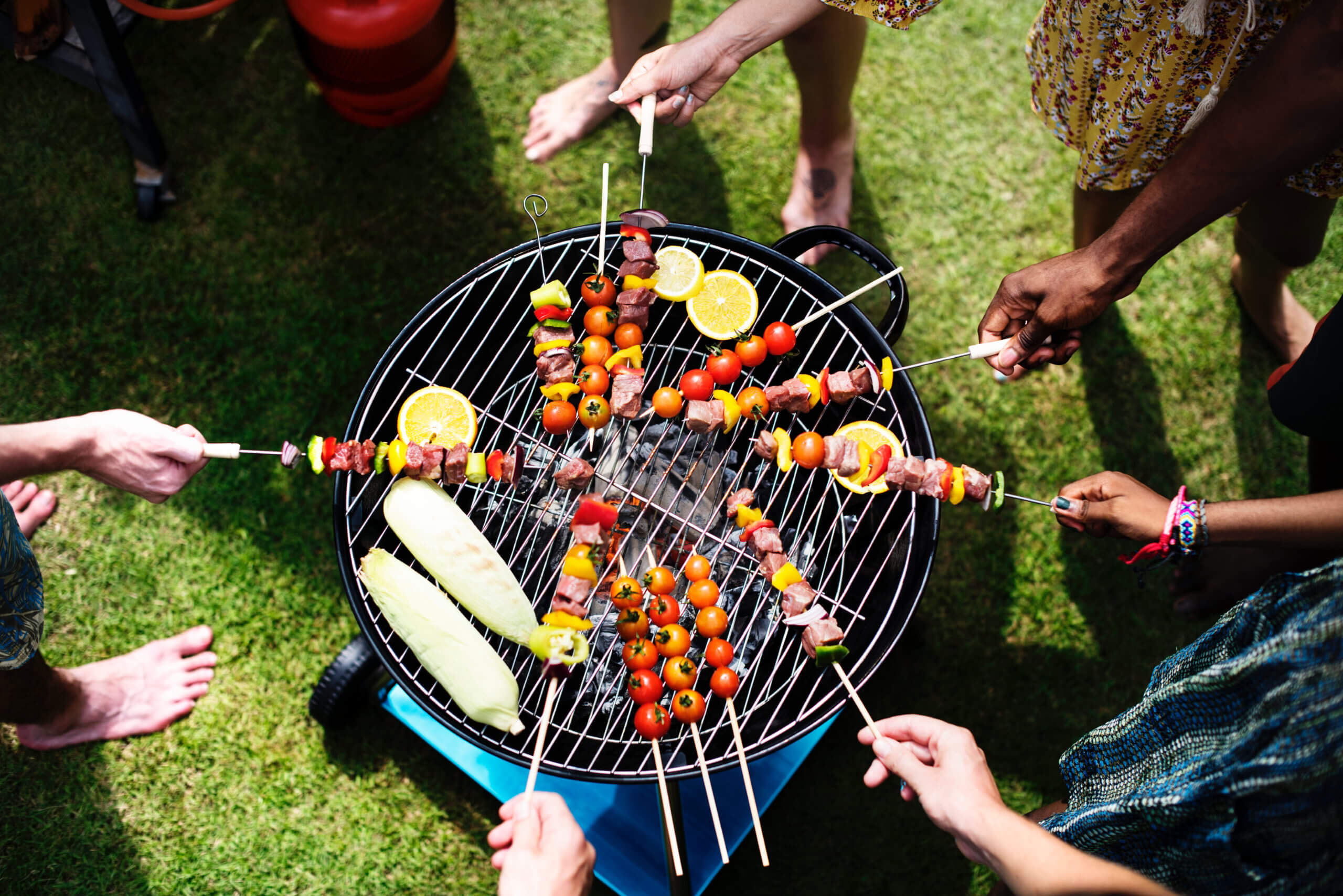On the surface, non-alcoholic beer may seem like a safe alternative to the real thing. However, if you are recovering from an alcohol abuse disorder, your therapist, counselor or fellow recovery group members may have warned you against drinking non-alcoholic beer if you want to protect your sobriety. The reasoning behind this admonition has typically been that it’s best to avoid the temptation and not fall back into old habits. But did you know there is also scientific evidence to support this line of thought?
The Smell and Taste of Beer Can Be a Trigger
In one California study, a group of researchers determined smell may be enough to trigger alcohol cravings in some alcoholics.
In their laboratory experiments, they trained rats to self-administer alcohol when they smelled banana, or a bitter substance called quinine when they smelled orange. The researchers found increases in pleasure activity in the rats’ brains before and after smelling the banana.
In a different study conducted at Indiana University, researchers gave 49 men half an ounce of beer over 15 minutes – enough to taste the beer, but not enough to increase their blood alcohol levels. At other times, the research subjects drank either a sports drink or water as a control. After a sip of beer, the men’s brains showed a noticeable release of dopamine, a brain chemical linked with pleasure and euphoria.
Sensory cues – such as smell, taste or even driving past a bar or liquor store – can cause intense cravings to drink, and trigger relapses in recovering alcoholics. As these studies indicate, the mere anticipation of alcohol is enough to raise the dopamine levels in your brain.
Changing Your Behavioral Patterns
People in recovery need to actively work to avoid relapsing. Even people with years of sobriety under their belts can be susceptible to addiction triggers such as stress, anger or loneliness. If you are working to maintain your sobriety, one of the best things you can do is to develop new habits and coping strategies that help you manage these triggers as they arise. That means once you are outside the structure of a rehab environment and back in the “real world,” you’ll need to find healthy activities that don’t center on drinking.
Many recovering addicts find they need to make new friends who don’t drink or use drugs and who help them support their sobriety goals. After all, as the studies cited above show, a few sips of non-alcoholic beer might be all it takes for some people to undo all the hard work they did in their recovery program. As a recovering alcoholic, going out to a bar with your old drinking buddies is a slippery slope. Even if you don’t get drunk, you will probably feel the temptation to drink, and that can be a powerful relapse trigger that pulls you back to a time when your life centered on alcohol misuse.
Do You Need Help for Your Alcohol Addiction?
Drinking non-alcoholic beers may be evidence that you have not fully committed to your sobriety, and that you aren’t entirely willing to move on to a new, alcohol-free chapter in your life. It could also indicate that you did not fully get to the root of what caused your substance misuse issues to begin with, which might signify the need to re-enter a treatment program. For example, perhaps you had an alcohol misuse disorder alongside a mental health condition such as depression or anxiety, and you did not focus enough on your mental health when you went through alcohol rehab the first time.
If you need evidence-based treatment for your alcohol addiction, contact us at New Found Life. Our continuum of care provides you with a stronger chance of lasting recovery. We’re here to take your call 24 hours a day, seven days a week.

